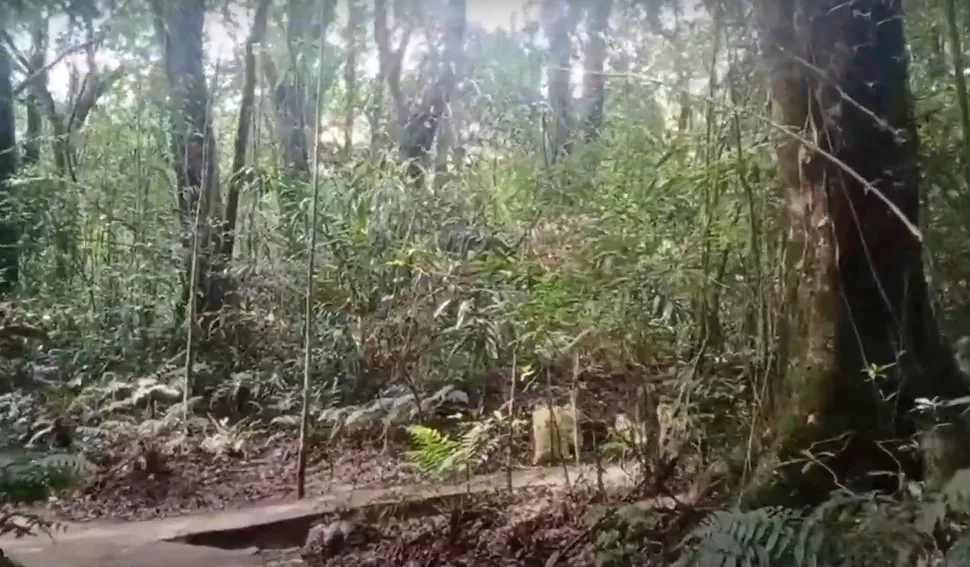60 ex-civil servants challenge ‘erroneous, misleading’ forest report; warn of India’s alarming deforestation crisis

In a strong rebuke to the Ministry of Environment, Forests and Climate Change (MOEFCC), a group of 60 former civil servants has written to the ministry challenging the credibility of the Indian State of Forest Report (ISFR) 2023.
The group has flagged flawed methodology, data inconsistencies, and misleading claims in the report, warning that it paints a false picture of increasing forest cover while India faces one of the highest global deforestation rates.
The Constitutional Conduct Group (CCG), a collective of former bureaucrats, has criticized the ISFR 2023 for claiming an increase of 156.41 sq km in forest cover and 1,445.81 sq km in total forest and tree cover, calling it scientifically unsound and grossly inaccurate.
“We, members of the Constitutional Conduct Group (CCG), feel deeply unhappy about this and feel compelled to write to you. The CCG is a group of former civil servants who have served the Central and State governments in various capacities, and who feel strongly about upholding the provisions of the country’s Constitution. We have no affiliation with any political party,” they said.
“It appears to us, as well as to many forestry experts, that the ISFR (2023) has not been scientifically prepared and seems to convey the false impression that our forests are in good health and that the forest cover is increasing,” they also said.
“The projected increase of 156.41 sq km forest cover and 1445.81 sq kms of total forest and tree cover appears to be an incorrect assessment,” they further said.
“We observe with great alarm that while our forests are steadily deteriorating, with reports that India ranks second, globally, in deforestation, losing, in 10 years from 2013 to 2023, 1.49 million hectares of trees, the ISFR presents a rosy picture, lulling us into a state of complacency. The reality is that deforestation is contributing in a major way to the climate crisis leading to frequent extreme weather events, forest fires, great loss of human and animal life, and huge economic losses,” the group said.
Instead, they highlighted alarming data that shows India lost 1.49 million hectares of trees between 2013 and 2023, ranking second globally in deforestation.
The letter points out severe flaws in the IFR’s methodology, particularly its inclusion of orchards, coconut, oil palm, and rubber plantations as forest cover, despite these being commercial plantations that do not contribute to biodiversity or ecological stability. The lack of ground truth verification and disregard for Supreme Court directives on forest conservation have also been cited as major concerns.
Further, the North Eastern states—India’s biodiversity hotspot—have reportedly lost 3,132.27 sq km of forest cover over the last decade, largely due to oil palm plantations and unregulated deforestation. Additionally, high-altitude regions have witnessed a drastic decline in forest cover, heightening risks of landslides, floods, and environmental disasters.
The former civil servants also raised serious concerns about the Green Credit Programme (GCP), stating that it allows corporations to earn “green credits” through dubious plantations, which in turn permits the destruction of existing forests for industrial projects. The letter warns that such misleading reports and flawed policies endanger India’s climate resilience, pushing the nation toward an ecological crisis.
Calling for urgent government action, the CCG has urged the MOEFCC to ensure that future ISFR reports are based on scientific data and ground realities. They also demanded that forest conservation be made a national priority, warning that continued deforestation for so-called “development projects” will have catastrophic consequences for India’s environment and people.
“We also request the government to make the protection of forests and biodiversity a priority area and not continue to divert forests for “development projects”. Such projects, more often than not, benefit business houses and user agencies while endangering the country’s climate resilience, leading us to a state of ecological dystopia,” they added.




Leave a Reply